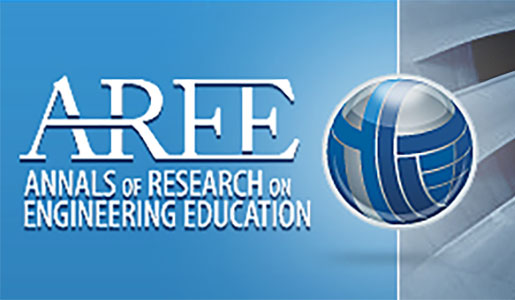Article: Task Relevant Information in Engineering Problem Solving
Real world decision making scenarios in which engineers are employed are usually ill structured problems. Therefore, it is more difficult to make a good decision because these scenarios possess conflicting goals, multiple solution methods, non-technical success standards, non-technical constraints, unanticipated problems, distributed knowledge, collaborative activity systems, and multiple forms of problem representation. A critical skill in these scenarios is the ability to determine which information is relevant to solving a problem (i.e., information reduction).
Our research was influenced by the work of others in problem solving including the following.
Haider, H., and Frensch, P.A., “The role of information reduction in skill acquisition,” Cognitive Psychology 30, 1996, pp 304-337
Jonassen, D.H., Strobel, J., Lee, C.B. (2006). Everyday problem solving in engineering: Lessons for engineering educators. Journal of Engineering Education, 95 (2), pp. 1-14.
Voss, J.F. and Post, T.A. (1988). On the Solving of Ill-Structured Problems. In M.T.H. Chi, R. Glaser, M.J. Farr (Eds.) The Nature of Expertise (pp. 261-285). Hillsdale, NJ: Lawrence Erlbaum Associates.
We have been studying how the characteristics (i.e., density and distribution of task relevant information) of problem scenario information affect the ability of novice and experienced problem solvers to select task relevant information. This relates directly to the traditional methods of teaching engineering problem solving in which students are usually presented with only task relevant information.
Selecting task relevant information is grounded in Signal Detection Theory. We present information to students and measure their ability to select only the relevant information.
We constructed problem scenarios with certain characteristics for the experimental design. Novice and experienced subjects used a web-based system to identify relevant information. The results were analyzed using ANOVA and clustering techniques from data mining.
Summary of findings
As expected, subjects with more expertise exhibit better performance in information reduction, suggesting that this ability can be an indicator of expertise. Problem content (in terms of information structure) affects a subject’s ability to identify task relevant information. Subjects were more successful with high density and skewed location of relevant information, which is similar to textbook problems. However, real world problems are considered to be much more ill structured in terms of information spread and density. This could potentially cause greater difficulties for subjects in finding the relevant information.
Author 1: Piyamart Kumsaikaew [email protected]
Author 2: John Jackman [email protected]
Author 3: Veronica J. Dark [email protected]
Article Link: www.asee.org

